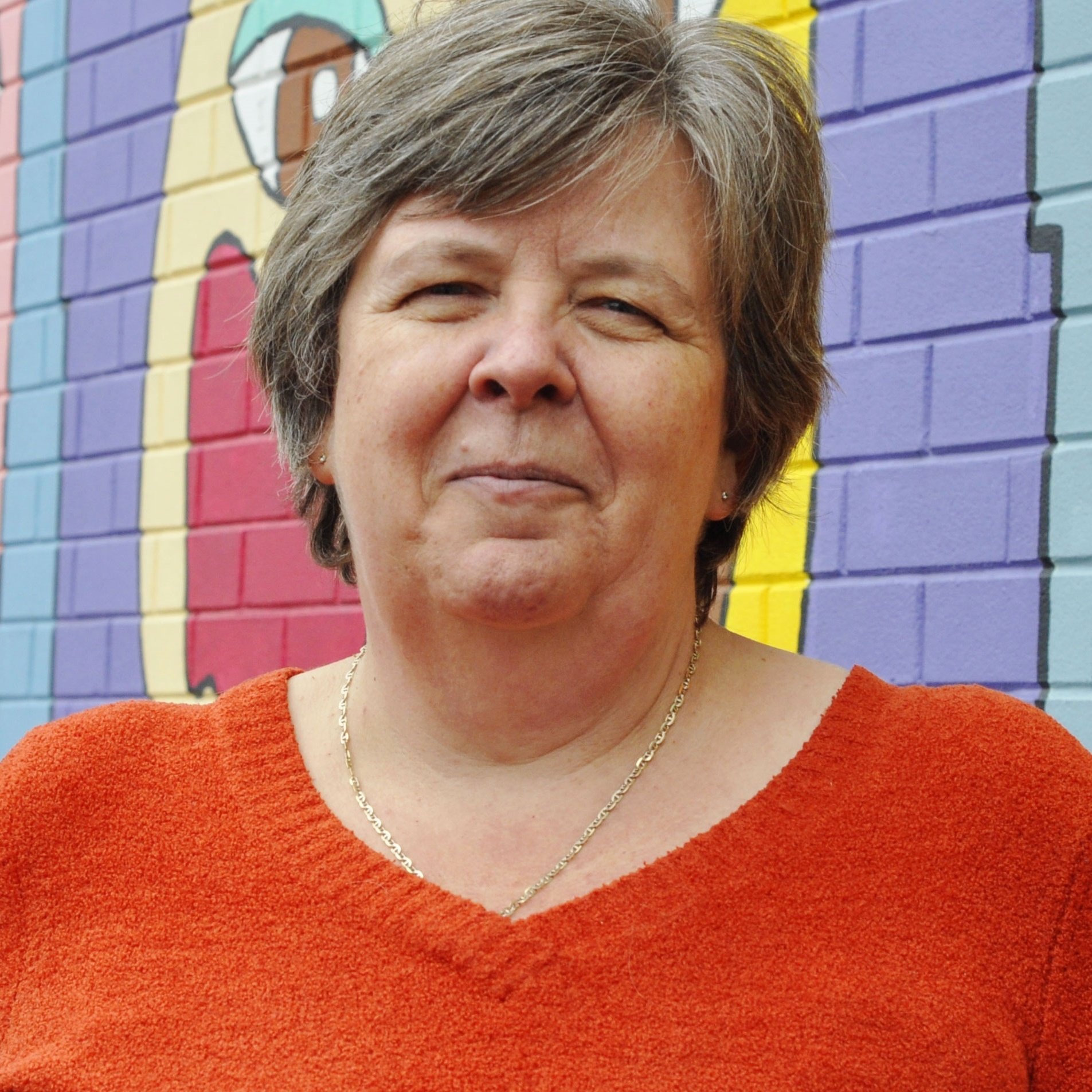 Last week I engaged in an online conversation with colleagues about failure. There was an online post that asked the question about whether the current culture has a preference for failure over achieving outcomes. Shortly after, I was following a complexity workshop where the panel discussed the importance of failure as a mechanism for learning. There were several tweets about failing forward.
Last week I engaged in an online conversation with colleagues about failure. There was an online post that asked the question about whether the current culture has a preference for failure over achieving outcomes. Shortly after, I was following a complexity workshop where the panel discussed the importance of failure as a mechanism for learning. There were several tweets about failing forward.
This series of online posts made me consider the idea of failure in the context of community change for several days now. Is testing and failing of equal value as getting to impact? To begin to resolve this, I turned to the website Fail Forward. On this site, the causes of failure are identified as a continuum from moral lapses to experimentation:
- Moral lapses
- Incompetence and ignorance
- Uncertainty of future events
- Task challenges
- Experimentation
Moral lapses, incompetence and ignorance fall into the category of failure which is labelled as blameworthy. While uncertainty, task challenges and experimentation are characterized as failure which is considered praiseworthy. Fail Forward identifies the causes of failure as both losses and gains which impact self, others and the need for recovery time to move forward from the failure.
As I read this, I remain perplexed about the causes of failure. Lack of knowledge about the future or task challenges and experimentation are not how I would define failure. In fact, these three ‘causes’ present more as opportunities to lean into ambiguity or the unknown. These causes are less about failure, because as you undertake to resolve these, you may have not failed, yet.
But what about leaning forward to impact? Do we have to experience failure to achieve impact? These two themes of praiseworthy failure and achieving impact are not necessarily mutual or mutually exclusive. Where they are connected is in our ability to lean in and learn. To move forward, we need to be observant, to leverage opportunities and to challenge conventional ways of doing things.
Achieving impact is the promise of community change. It is our intentionality as changemakers, to understand the systems holding problems in place and then working, both individually and collectively, toward shifting elements those systems which will lead to better outcomes for citizens. This is the potential.
Albert Einstein is often credited with the quote that “insanity is defined as doing the same thing over and over again and expecting a different result”. If we failed over and over again, does that mean we would get a different outcome or would we become oriented toward always failing? The experience of prototyping solutions does not always lead to failure. Sometimes prototyping or experimentation leads to success and impact.
Community changemakers don’t necessarily have to fail to impact community outcomes. But sometimes they do. We must be comfortable with that fact that failure does happen. Perhaps an orientation toward always being curious with a focus on learning and innovation is the sweet spot. And then, when failure happens, having the bravery to be reflective and move forward.
Learn More:
- Read more about Fail Forward
- Dig into testing and prototyping with an article The Power of Prototyping and a tool Planning Prototypes and Testing
- Learn more about how to use Community Innovation methods at the upcoming Community Change Festival





